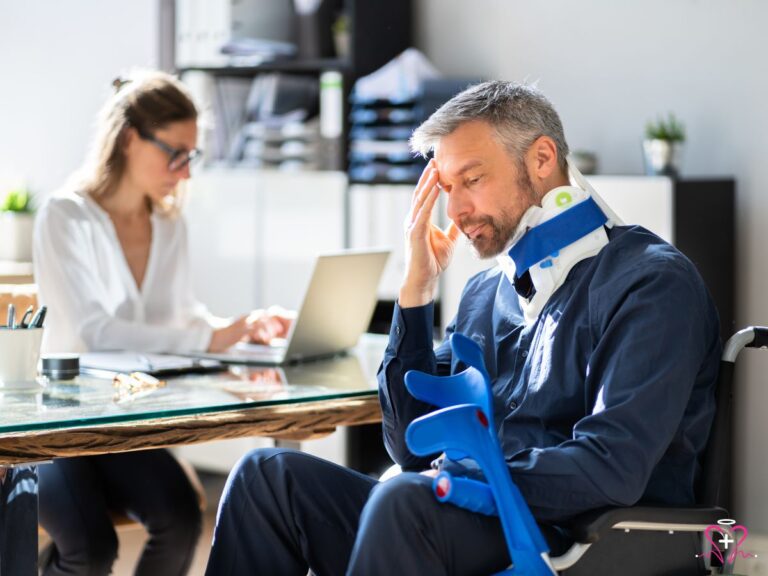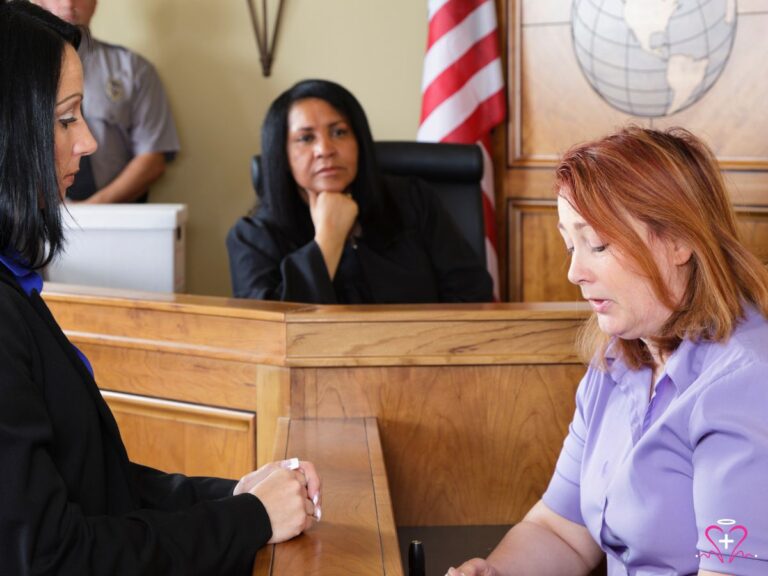Short-Term Financial Strategies
Medical bills can skyrocket after an accident, and seniors—often on fixed incomes—may struggle to keep up before a personal injury settlement is reached. Fortunately, multiple avenues can help bridge financial gaps. Health insurance, such as Medicare or a private policy, remains the first line of defense. Some seniors also carry supplemental insurance that covers co-pays or deductibles, offering immediate relief while waiting for legal proceedings to unfold. In motor vehicle accidents, “med-pay” coverage can kick in regardless of fault, covering expenses like ambulance rides or X-rays. Additionally, many healthcare providers allow installment plans, spreading out costly procedures or therapies over manageable monthly payments. Seniors should alert hospitals or clinics about their pending claim, as providers may be flexible in setting up interest-free payment plans.
Supplemental Assistance and Creative Solutions
Beyond insurance, other options may lighten the financial load:
- Charitable Organizations: Local nonprofits or national groups sometimes provide grants for assistive devices or specialized treatments.
- Settlement Advances: Lawsuit loans offer quick cash in exchange for a portion of the anticipated settlement, though interest rates can be high.
- Family and Community Support: Crowdfunding platforms or local church drives can gather donations to cover urgent medical bills.
Planning for Long-Term Security
Regardless of the short-term solution, seniors should keep thorough records of all medical expenses, including prescriptions, specialist visits, and home healthcare services. These documents become critical when negotiating or finalizing a settlement, as they illustrate the true cost of recovery. Consulting personal injury resources and referrals for seniors can clarify eligibility for public programs like Medicaid or low-income subsidies. By diversifying their financial approach—through insurance, payment plans, or interim support—older adults can ensure they receive the care they need without risking economic hardship while awaiting resolution of their personal injury claim.










